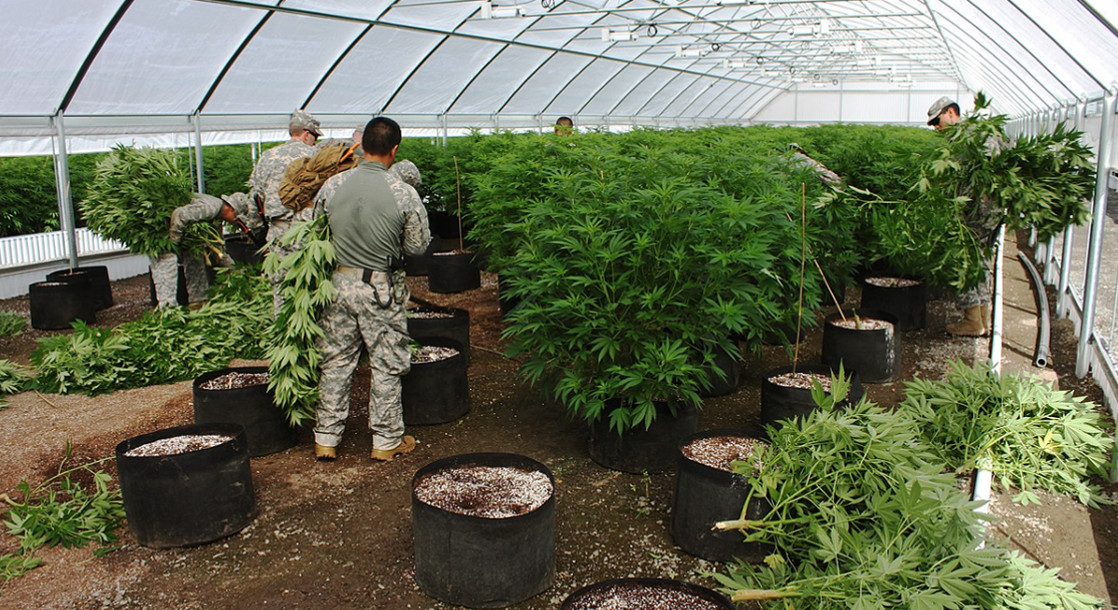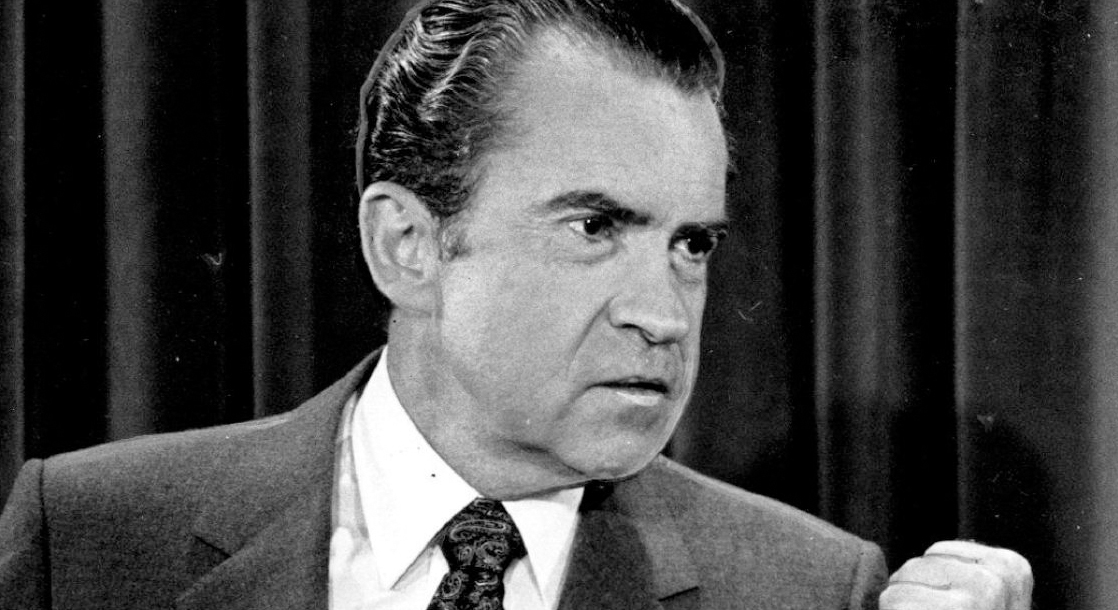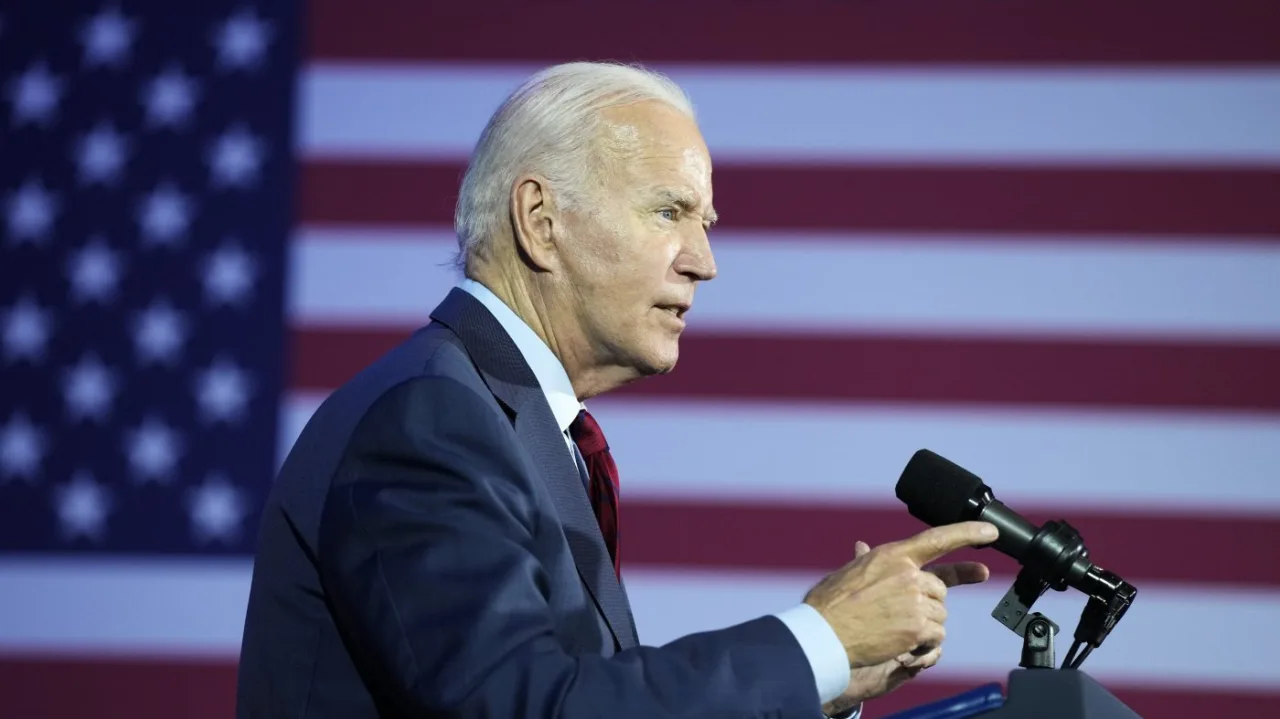Photo via Sgt. Brianne Roudebush
Cannabis farms in Oregon are producing three times more weed than the state's residents consume, creating tons of excess product that are being smuggled to other states, according to a top federal prosecutor. Late last week, U.S. Attorney Billy Williams held a summit with state and federal law enforcement officials, representatives from the cannabis industry, and U.S. Attorneys from thirteen other states to discuss the problem. "Make no mistake about it, we are going to do something about it," Williams said according to Newsweek.
Oregon currently has 900 licensed recreational cultivators, and over a thousand more growers have applied for licenses. Last month, in an editorial for The Oregonian, Williams wrote that Oregon postal agents seized over 2,500 pounds of weed that was being shipped out of state in 2017, along with $1.2 million in related cash. “Overproduction creates a powerful profit incentive, driving product from both state-licensed and unlicensed marijuana producers into black and gray markets across the country,” Williams wrote. “This lucrative supply attracts cartels and other criminal networks into Oregon and in turn brings money laundering, violence, and environmental degradation.”
Former Oregon State University professor Seth Crawford told The Independent that the state created this problem for themselves by failing to cap the number of recreational growers. "It was a system designed for failure,” he said, because Oregon “created this huge industry that has nowhere to put its product." California is currently facing a similar problem, where cultivators grow an estimated 11 million pounds of excess weed annually, most of which is being smuggled to states where marijuana is still illegal.
Under the Obama administration, the federal government took a hands-off approach to state-legal cannabis — an approach that the Justice Department continued during the first year of the Trump administration. Last month, however, Attorney General Jeff Sessions rescinded the Cole memo, a 2013 guidance document that instructed federal prosecutors not to interfere with state-legal canna-businesses. Sessions has now given Justice Department officials greater leeway to interfere with canna-legal states, especially those that they feel are supplying black market product to states that continue to prohibit marijuana use.
In order to avoid federal intervention, states will need to work to crack down on overproduction on their own. In Colorado, the ballot measure that legalized recreational weed allowed each adult to grow a whopping 99 cannabis plants each, creating the potential for massive overproduction. Last year, state legislators voted to reduce the limit to a more manageable 12 plants per residential property. Oregon officials have not yet announced any solutions for their overproduction problem, but Governor Kate Brown has reassured the local cannabis industry that Williams has promised her that “lawful Oregon businesses remain stakeholders in this conversation and not targets of law enforcement,” according to the Seattle Times.











